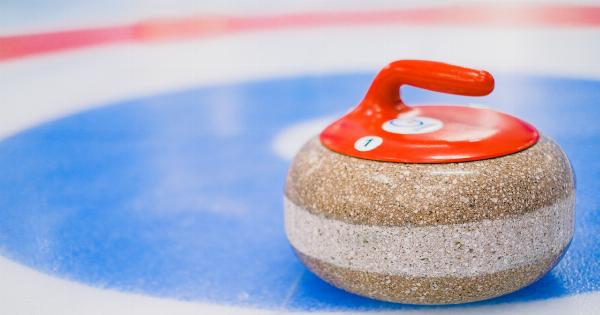Rhinitis during pregnancy is a common condition that affects many women. It is a type of nasal congestion that is caused by inflammation and swelling of the nasal mucosa. The condition is also known as pregnancy rhinitis.
Rhinitis during pregnancy can cause difficulty breathing, sleep disruptions, and other uncomfortable symptoms. In this article, we’ll discuss the causes and treatment options for rhinitis during pregnancy.
Causes of Rhinitis During Pregnancy
The exact cause of rhinitis during pregnancy is not fully understood, but there are several theories. The most common theory is that high levels of hormones, particularly estrogen, can cause swelling of the nasal passages.
This swelling can lead to congestion and difficulty breathing. Additionally, changes in blood circulation during pregnancy can also contribute to nasal congestion.
Other factors that may contribute to rhinitis during pregnancy include:.
- Allergies
- Sinus infections
- Nasal polyps
- Environmental irritants, such as dust or pet dander
- Weather changes
Symptoms of Rhinitis During Pregnancy
The symptoms of rhinitis during pregnancy are similar to those of a common cold or allergies. They may include:.
- Nasal congestion
- Runny nose
- Sneezing
- Itchy or watery eyes
- Sore throat
- Cough
- Fatigue
The symptoms of rhinitis during pregnancy can range from mild to severe. Some women may only experience occasional congestion, while others may have persistent symptoms throughout their entire pregnancy.
Treatment Options for Rhinitis During Pregnancy
The treatment options for rhinitis during pregnancy depend on the severity of the symptoms. In many cases, the symptoms can be managed with simple home remedies.
If you are experiencing severe symptoms, however, it is important to seek medical advice from your healthcare provider.
Nasal Saline Irrigation
Nasal saline irrigation can help to relieve nasal congestion and other symptoms of rhinitis during pregnancy. This is a simple procedure that involves rinsing the nasal passages with saline solution.
You can purchase saline solution at most pharmacies, or you can make your own by mixing salt and water at home. To perform nasal saline irrigation, fill a bulb syringe or neti pot with saline solution and gently rinse the nasal passages.
Nasal Steroid Sprays
Nasal steroid sprays can be an effective treatment option for moderate to severe symptoms of rhinitis during pregnancy. These sprays work by reducing inflammation and swelling in the nasal passages.
Some common nasal steroid sprays include Flonase, Nasacort, and Rhinocort. It is important to talk to your healthcare provider before using any nasal steroid sprays during pregnancy.
Antihistamines
Antihistamines may be prescribed to treat the symptoms of rhinitis during pregnancy. These medications work by blocking the effects of histamine, a substance released by the body in response to allergens.
Some common antihistamines include Claritin, Zyrtec, and Benadryl. It is important to talk to your healthcare provider before taking any antihistamines during pregnancy.
Decongestants
Decongestants may be prescribed to treat nasal congestion and other symptoms of rhinitis during pregnancy. These medications work by narrowing the blood vessels in the nasal passages, which can help to reduce swelling and congestion.
Some common decongestants include Sudafed and Afrin. It is important to talk to your healthcare provider before taking any decongestants during pregnancy.
Other Home Remedies
In addition to the treatments above, there are several home remedies that can help to relieve the symptoms of rhinitis during pregnancy. These include:.
- Drinking plenty of fluids
- Using a humidifier
- Avoiding environmental irritants
- Getting plenty of rest
- Elevating the head during sleep
If you are experiencing severe symptoms of rhinitis during pregnancy, it is important to seek medical advice from your healthcare provider. They will be able to recommend the best treatment options for your specific needs.






























